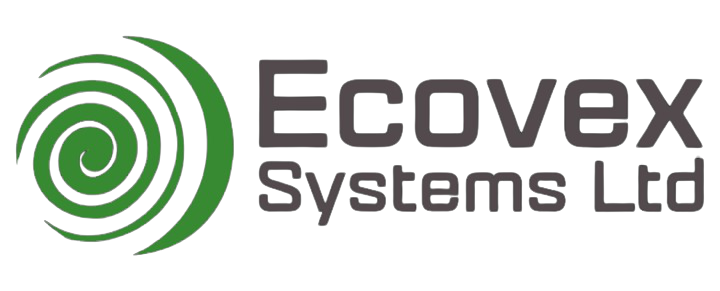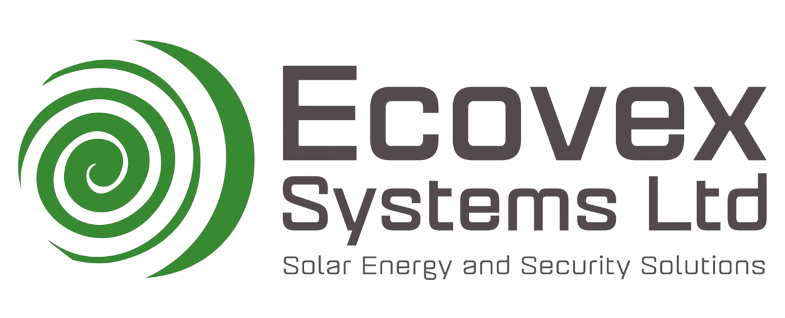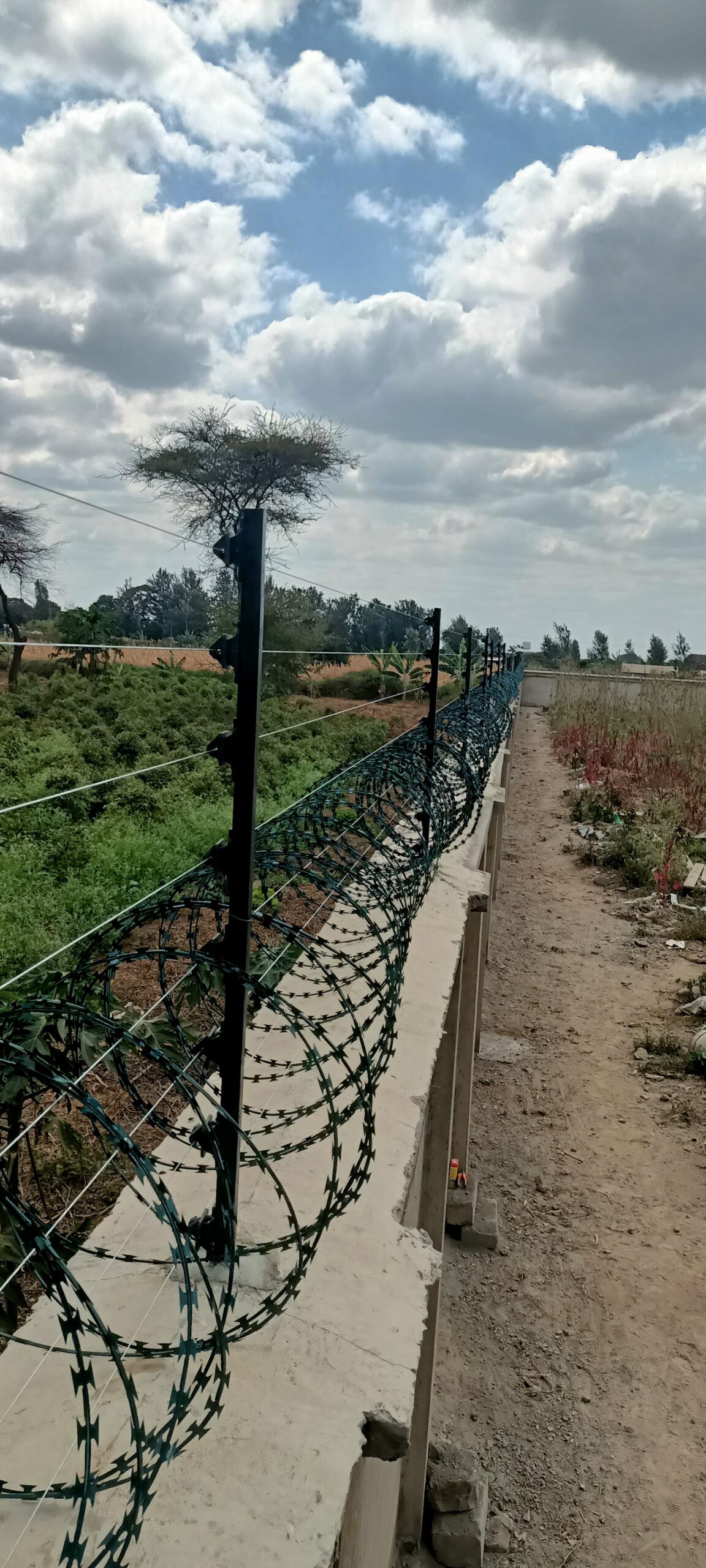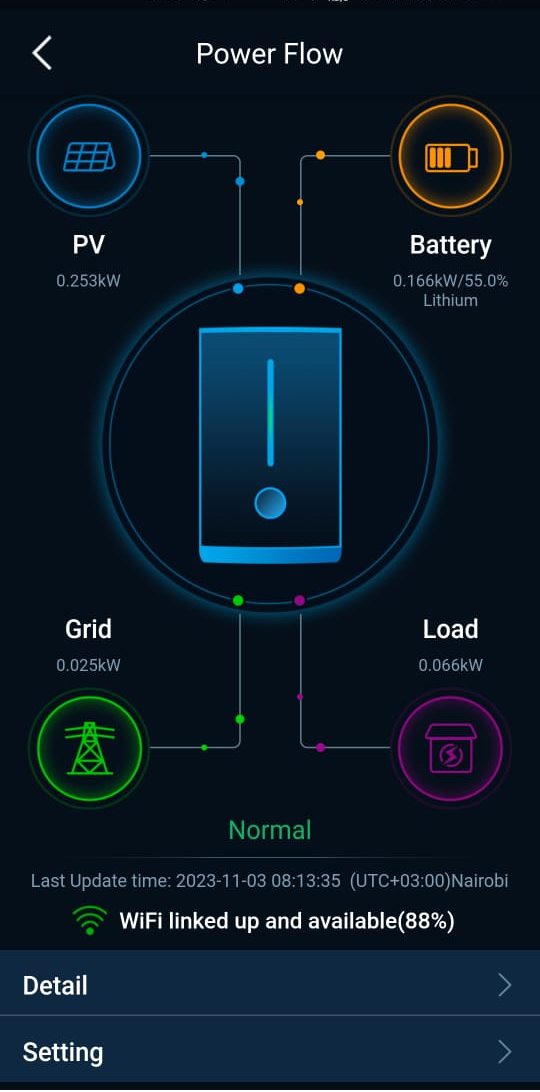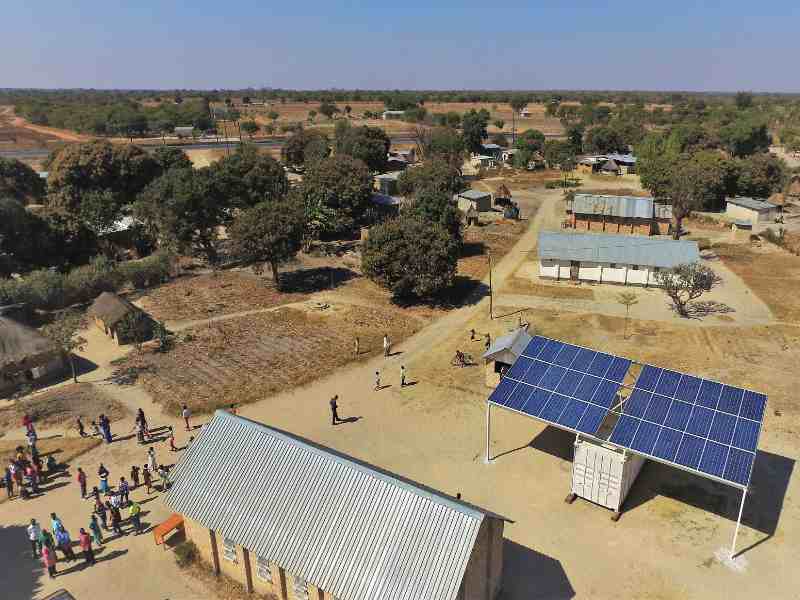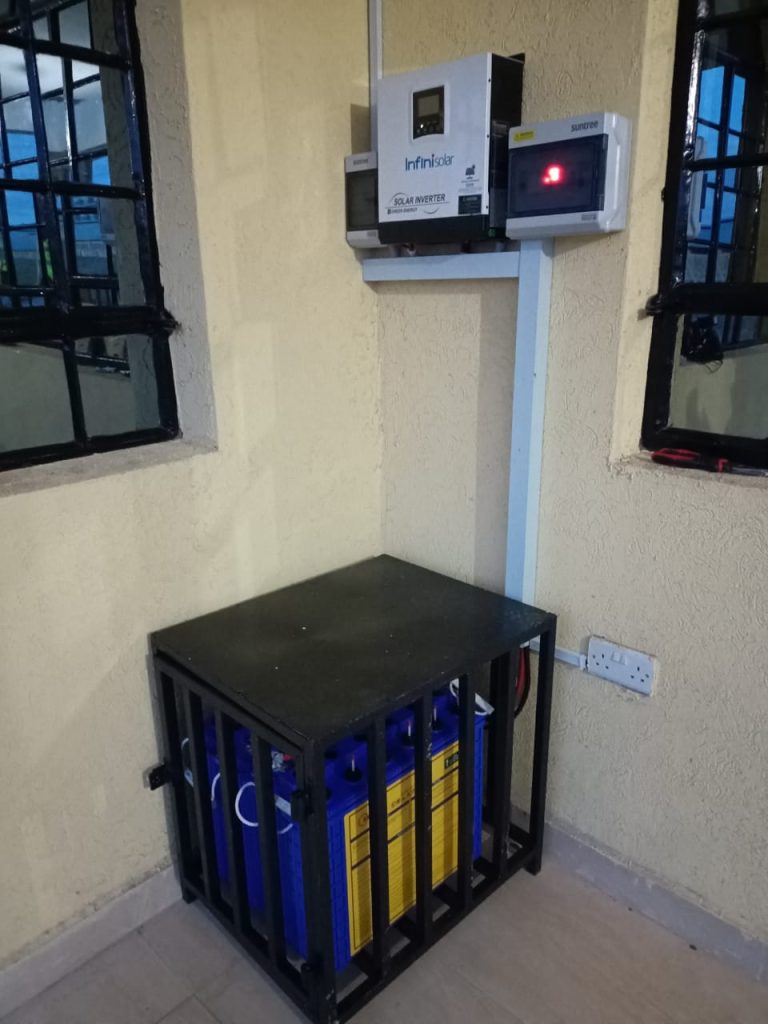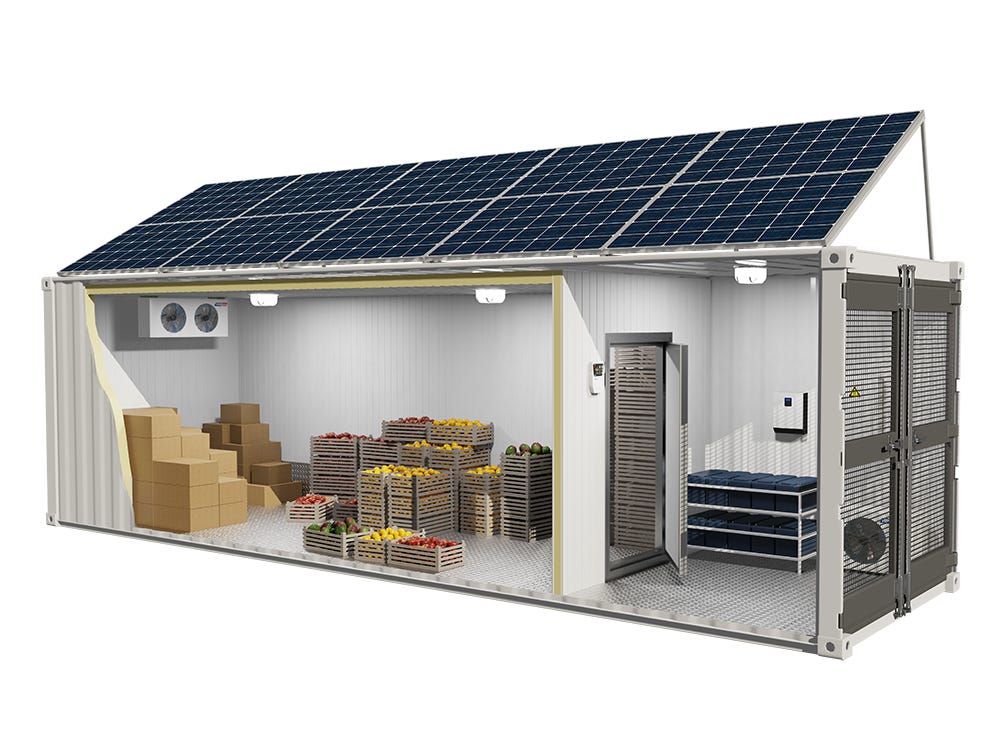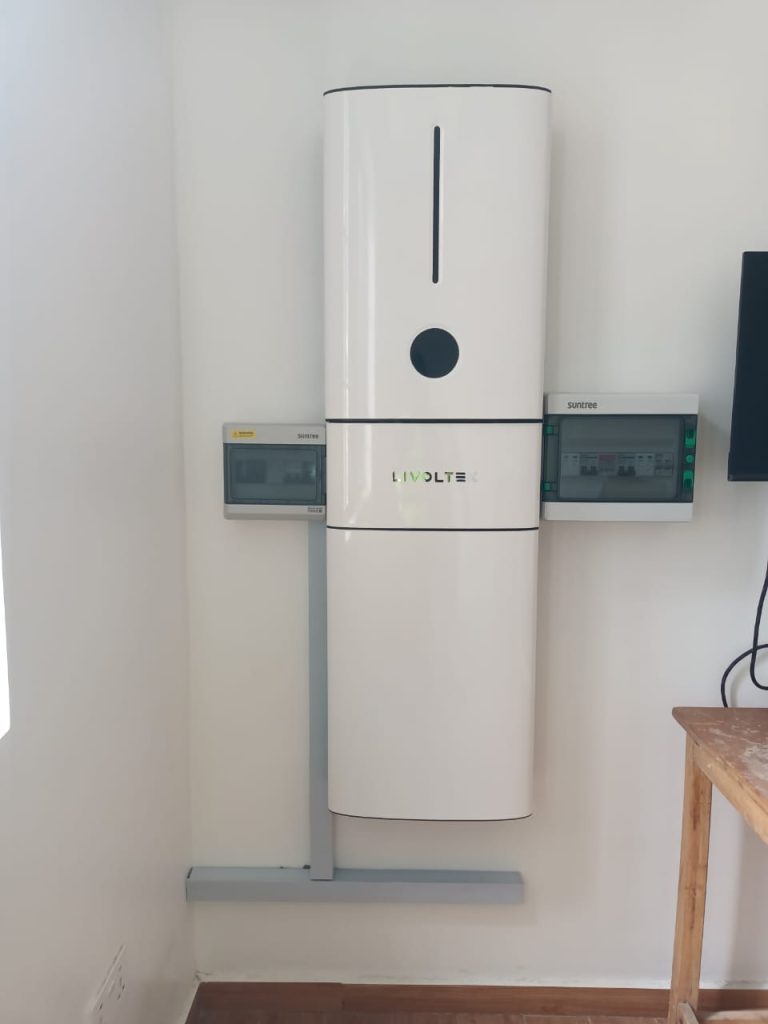Introduction
In an era where security concerns continue to rise, homeowners and businesses are prioritizing the safety of their properties like never before. While CCTV and alarm systems have long been considered essentials, electric fencing is quickly emerging as one of the most effective and cost-efficient solutions for perimeter protection. In 2025, investing in electric fencing is not just smart — it’s a forward-thinking decision that aligns with modern security demands.
1. Increasing Need for Robust Security Measures
With growing urbanization and rising property-related crime rates in many parts of Kenya and beyond, traditional fencing methods are often no longer sufficient. Electric fences act as a powerful deterrent and provide real-time defense, stopping intruders before they can even approach the building. This makes them an ideal first line of defense for residential homes, gated communities, farms, warehouses, and corporate premises.
2. How Electric Fencing Works
Electric fencing consists of high-tensile wires that carry a non-lethal electrical pulse. When touched, the intruder receives a sharp shock that is enough to discourage further intrusion without causing serious harm. In modern systems, the fence is also connected to a security alarm that triggers alerts if tampered with or breached. This dual-action defense significantly improves response time in the event of a threat.
3. Cost-Effective Long-Term Solution
Compared to hiring full-time security personnel or upgrading to highly complex security systems, electric fencing offers a relatively low-cost, low-maintenance alternative. Once installed, the system requires minimal upkeep and has long-lasting durability. When considering the potential losses from a break-in, the return on investment becomes clear.
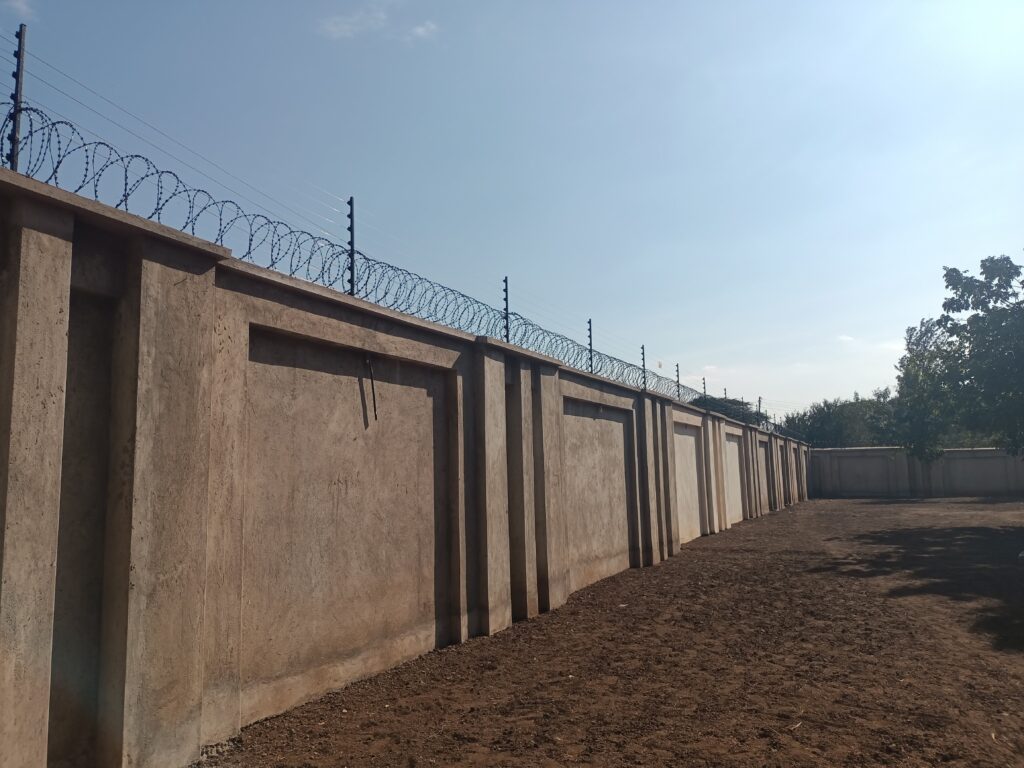
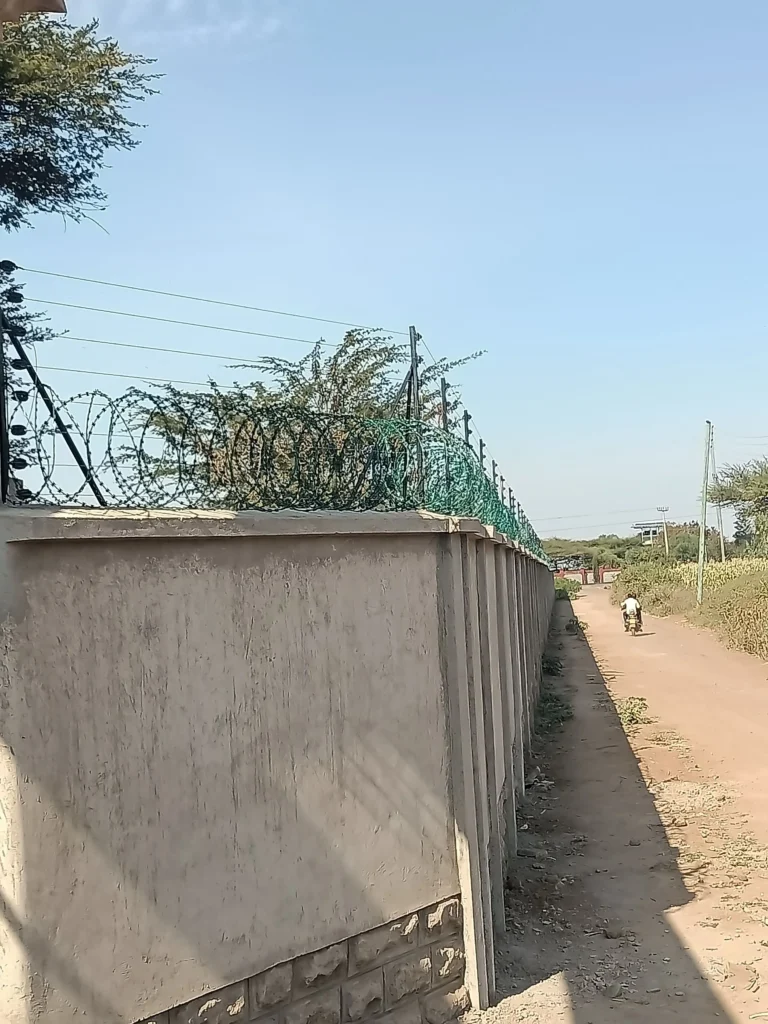
4. Versatility and Seamless Integration
Electric fencing can be installed on a wide range of property types. Whether you’re protecting a small family home or a large commercial facility, the system is highly customizable. It can be installed on top of existing perimeter walls or fences, and reinforced with razor wire for additional protection. Furthermore, the setup can be designed to maintain the aesthetics of the property, making it both effective and discreet.
5. Eco-Friendly and Energy Efficient
Modern electric fencing systems are designed to consume minimal power. Many installations can be powered by solar energy, further reducing operating costs and aligning with eco-conscious values. As sustainability continues to be a key consideration in 2025, choosing solar-powered security solutions is both responsible and strategic.
6. Peace of Mind and Psychological Deterrence
Beyond the physical protection it offers, electric fencing also provides homeowners with peace of mind. The visual presence of electric fencing is often enough to deter potential intruders, who are more likely to avoid well-defended properties. This psychological edge contributes to overall security and confidence in your home or business environment.
7. Partnering with the Right Installation Expert
At Ecovex Systems Ltd, we specialize in high-security electric fence installations tailored to your specific needs. Our expert team handles everything from site assessment and system design to professional installation and post-project support. We ensure seamless integration, compliance with safety standards, and maximum effectiveness.
With a growing portfolio of successful installations across Kenya, we’ve built a reputation for delivering dependable, secure, and modern solutions that protect what matters most.
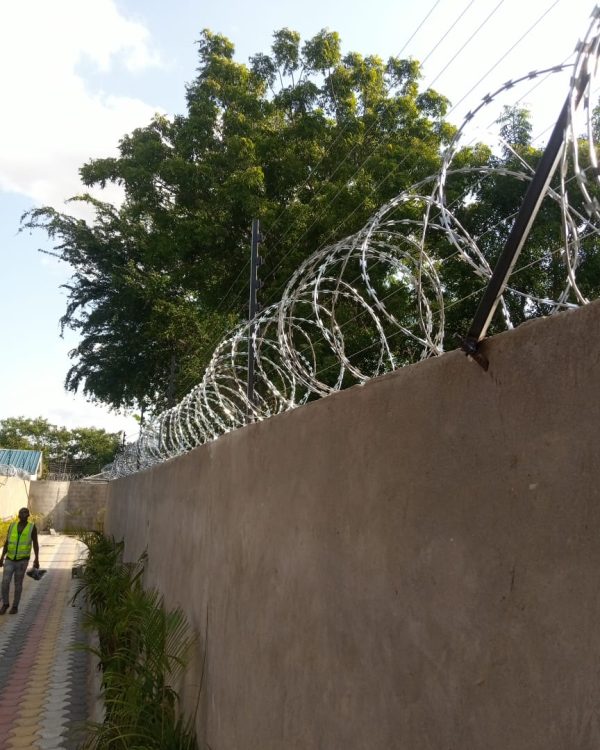
Conclusion
As 2025 continues to challenge property owners with evolving security threats, investing in electric fencing is a wise decision that offers long-term value, protection, and peace of mind. By choosing Ecovex Systems Ltd, you’re not only enhancing the security of your space — you’re investing in a smarter, safer future.
